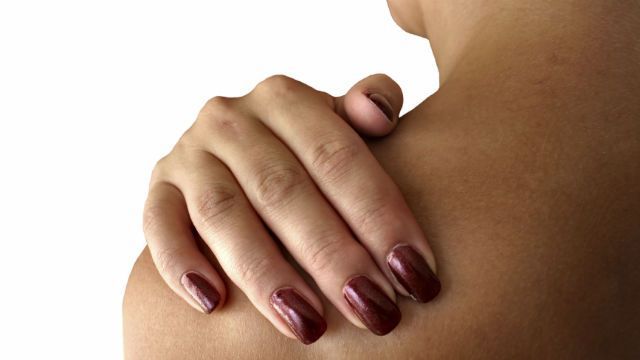
In the United States, arthritis is the number one cause of disability. It strikes one in five adults and at least 300,000 children. Treatment methods at present are disappointing, and more effective alternative treatment methods are needed.
Thankfully, recent research shows that glucosamine and chondroitin are showing real promise.
New data shows promise
A new study from the University of Maryland School of Medicine in Baltimore, working in connection with physicians from Germany, Poland, France, and Spain, showed that a combination of glucosamine and chondroitin led to a decrease in arthritis-related pain scores comparable to patients who had used Celebrex.
While glucosamine and chondroitin do not have direct pain-relieving action, it seems they are instead providing real relief to the underlying factors of inflammation that lead to arthritis pain. In the long run, this would be more beneficial overall than medication, which only provides short term pain relief without addressing the actual causes.
Typically, in studies it has been shown that glucosamine sulfate shows improvements in joint function and cartilage structure after four to six weeks of use.
Both glucosamine and chondroitin sulfate are naturally produced in the body and found in the connective tissues. However, as people age, they lose the ability to produce adequate levels of these components, and thus lose the joint structural support they offer.
Equal effectiveness
 The new study, also referred to as the MOVES trial, is formally known as the Multicentre Osteoarthritis Intervention Trial with Symptomatic Slow-acting Drugs for osteoarthritis (OA). The study was conducted with a group of 606 participants, all of whom had osteoarthritis of the knee.
The new study, also referred to as the MOVES trial, is formally known as the Multicentre Osteoarthritis Intervention Trial with Symptomatic Slow-acting Drugs for osteoarthritis (OA). The study was conducted with a group of 606 participants, all of whom had osteoarthritis of the knee.
The group was randomized to be given either celecoxib (Celebrex) or the combination capsule with 400 milligrams chondroitin sulfate (CS) and 500 milligrams glucosamine hydrochloride (GH) over a period of six months.
The findings of the study showed that the WOMAC pain scores were decreased by 50.1 percent with CS+GH and 50.2 percent with celecoxib. So with regards to pain relief, there was no real difference between the two types of treatment. The researchers concluded that the fixed-dose of chondroitin sulfate plus glucosamine was equally effective at reducing osteoarthritis knee pain as celecoxib after six months of continued use.
On top of the 50 percent reduction in pain from both medications,the CS+GH provided a 46 percent reduction in stiffness compared to 49 percent from celecoxib, and a 45 percent improvement in function from CS+GH, compared to 46 percent from the celecoxib.
Further studies needed
While CS and GH have displayed benefits to some arthritis sufferers, in other studies the results were mixed or not as clear. It is the opinion of some researchers that methyl-sulfonyl-methane (MSM) and Theracurmin may be effective supplements as well.
If you have arthritis, or have a loved one who does, a conversation with a natural health professional you trust about these supplements – and other natural methods available that may help ease arthritis symptoms – could do a lot of good.
-The Alternative Daily
Sources:
http://doctormurray.com/another-positive-study-on-glucosamine-chondroitin-reducing-arthritis-pain/?utm_source=Another+Positive+Study+on+Glucosamine-Chondroitin+Reducing+Arthritis+Pain+&utm_campaign=10%2F15&utm_medium=email
http://www.arthritistoday.org/arthritis-treatment/natural-and-alternative-treatments/supplements-and-herbs
http://www.spine-health.com/conditions/arthritis/effectiveness-glucosamine-and-chondroitin-sulfate-osteoarthritis
http://doctormurray.com/theracurmin-first-form-of-curcumin-to-be-shown-effective-in-double-blind-study-in-osteoarthritis

